Whole Foods predicts the 2020 food trends: From zero-proof drinks to regenerative agriculture
Expect your flour to be made of anything from red lentils to bananas
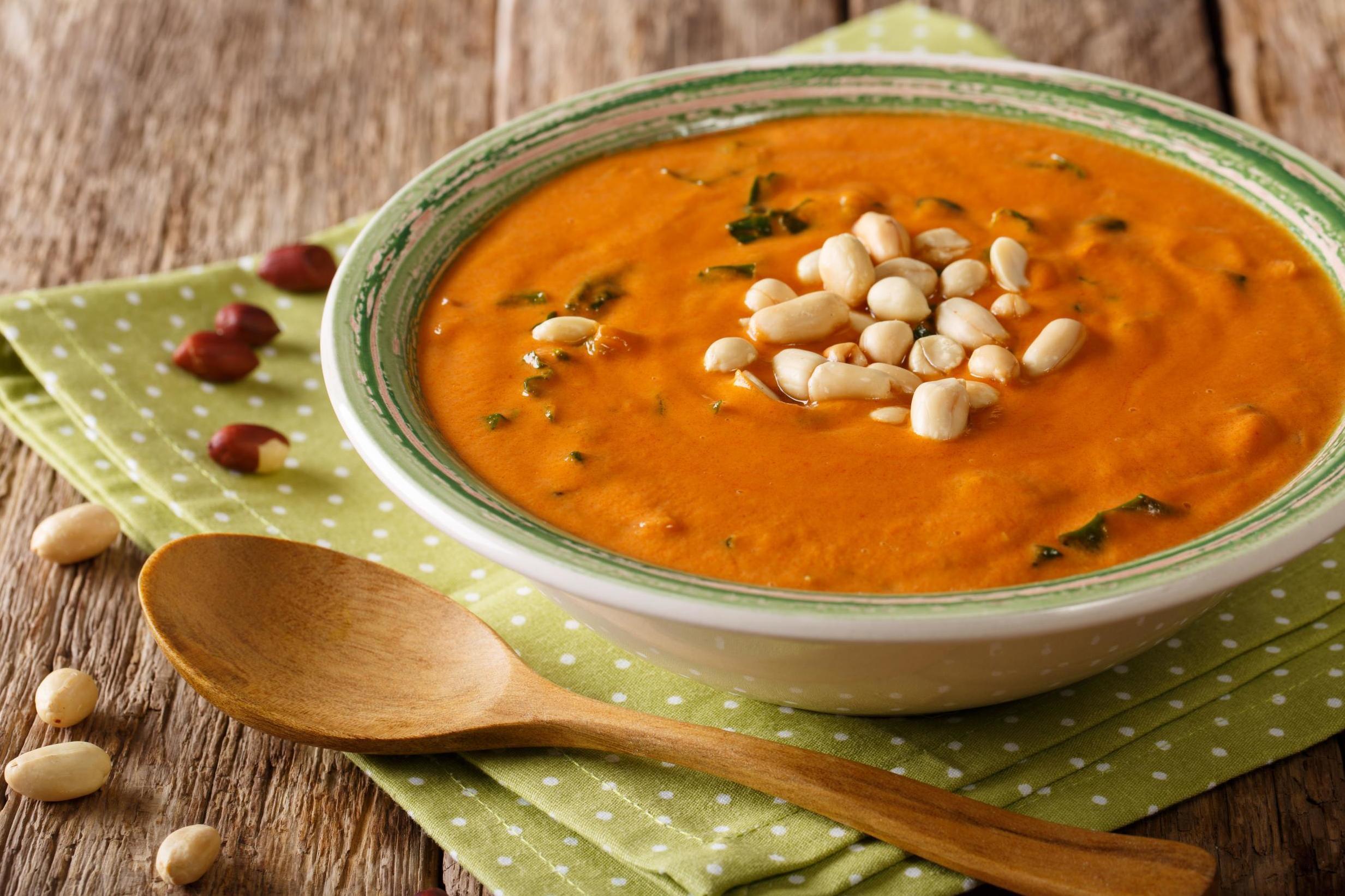
As the year of probiotics and kelp comes to a close, Whole Foods has predicted the food trends that we can expect to see - and eat - in 2020.
The supermarket released its fifth annual report, where it reveals the most-anticipated and innovative food trends for the upcoming year, according to the market’s global buyers and experts.
In 2020, foodies and vegans alike will see trends that fulfil their cravings, with everything from zero-proof (non-alcoholic) drinks, regenerative agriculture, and flour emerging as the popular crazes.
This is what you can expect to see both in supermarket aisles and restaurants in the coming year.
Regenerative Agriculture

Regenerative agriculture typically describes “farming and grazing practices that restore degraded soil, improve biodiversity and increase carbon capture to create long-lasting environmental benefits, such as positively impacting climate change,” according to Whole Foods.
The trend has reportedly stemmed from “farmers, producers, academics, retailers and more taking a closer look at how to use land and animal management practices to improve soil health and sequester carbon”.
Whole Foods recommends trying the trend through options such as Alara Scottish Porridge, or Calon Organic Milks.
Flour Power
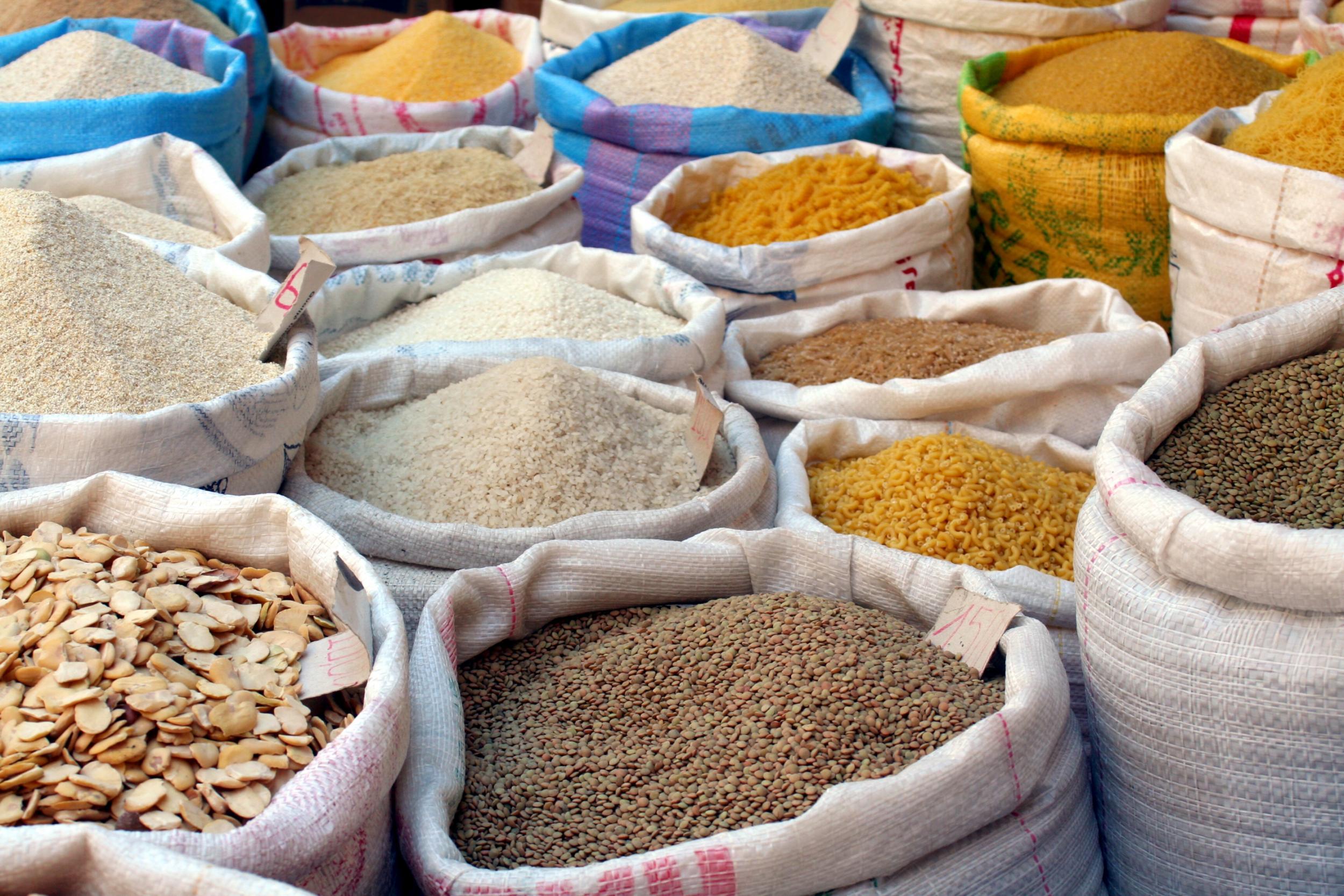
Flour will also receive a makeover in the coming year, with corn flour a thing of the past.
In 2020, you can expect flours made of fruits and vegetables to pop up in store aisles and recipes.
In addition to flours made of bananas, chestnuts or chickpeas, consumers can also expect to see different flours used in favourite products, such as purple corn flour listed as an ingredient in chips or other snack foods.
According to Whole Foods, the “super” flour alternatives will offer consumers different tastes as well as protein and fibre.
West African Foods
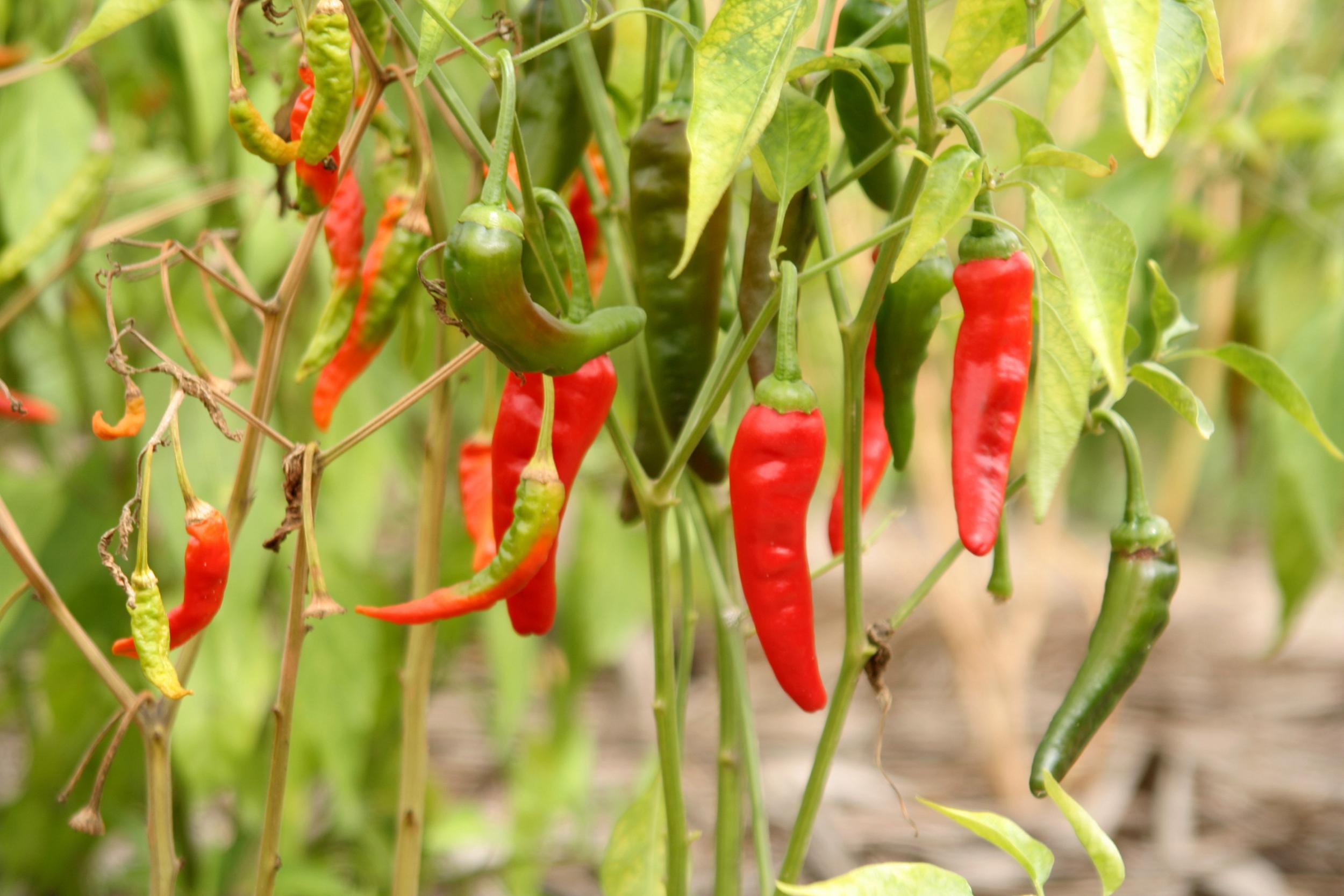
Whole Foods experts and buyers predict that 2020 will be the year of West African flavours, with tomatoes, onions and chilli peppers expected to crop up in various foods.
The report also suggests that popular add-ons such as peanuts, ginger and lemongrass will also have a moment in the spotlight, as well West African superfoods like moringa and tamarind.
Out-of-the-Box, Into-the-Fridge Snacking
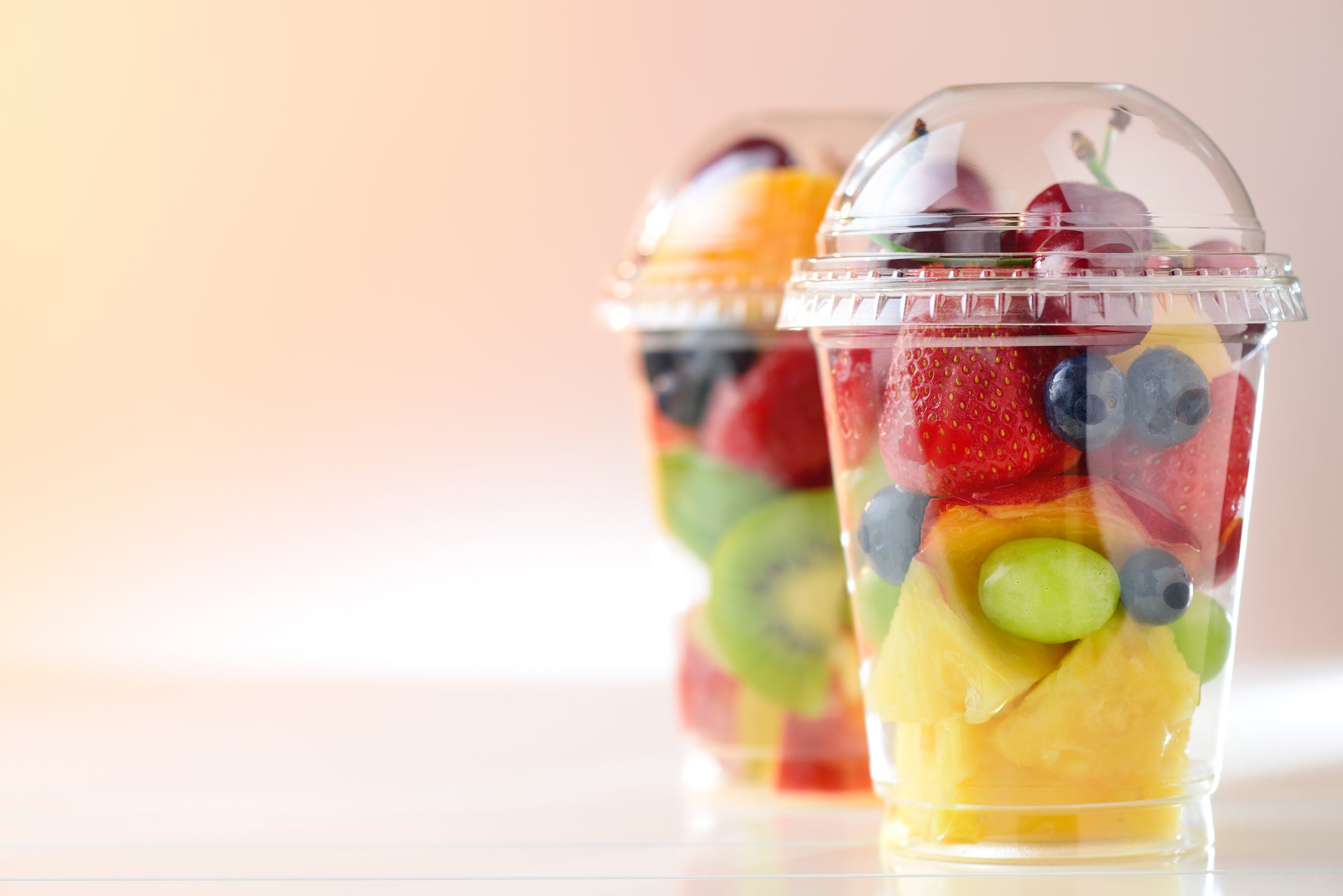
Granola bars may have been a reliable option in the past, but they will soon be replaced by “fresh” refrigerated snacks such as hard-boiled eggs and drinkable soups.
According to Whole Foods, the pivot to chilled snacks, which will have less preservatives and feature fresh ingredients, means the ingredient lists are “shrinking and there’s a lot less guesswork in picking up a quick snack you can feel better about”.
Everything Butters and Spreads
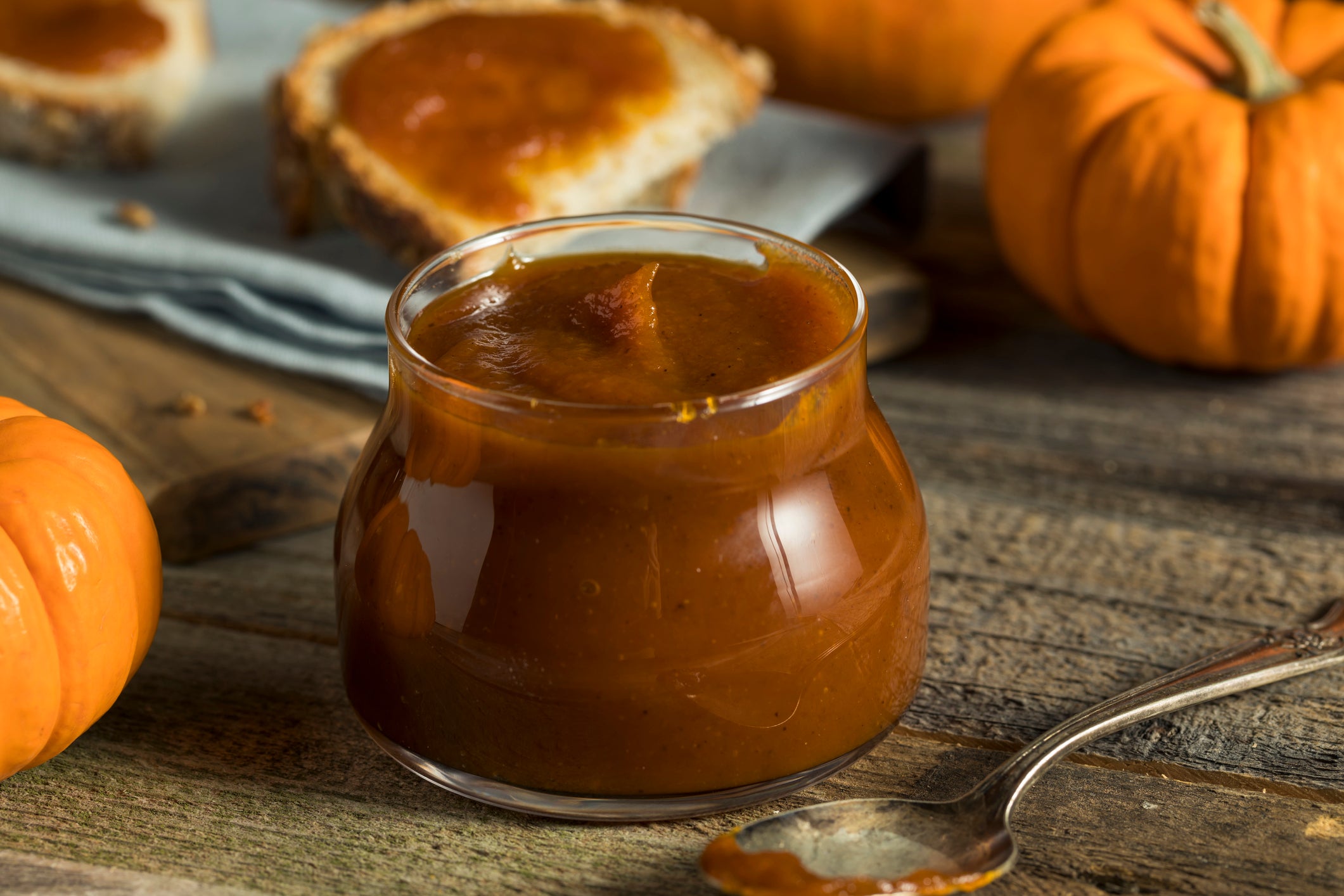
Almond and cashew butter will always have a place in our pantries, but 2020 is also making way for new spreadable alternatives.
The trend report predicts that pumpkin butter will soon be available year-round, while vegans will turn to options such as spreads made from superfood pili.
In addition to working for paleo and keto diets, the trend has arisen out of a desire for transparency - from both brands and consumers.
“Many brands are looking to either eliminate the use of palm oil or promote a Responsibly Sourced Palm Oil certification and use nuts that are grown in ways with less likelihood for environmental impact,” according to Whole Foods.
Not-So-Simple Sugars
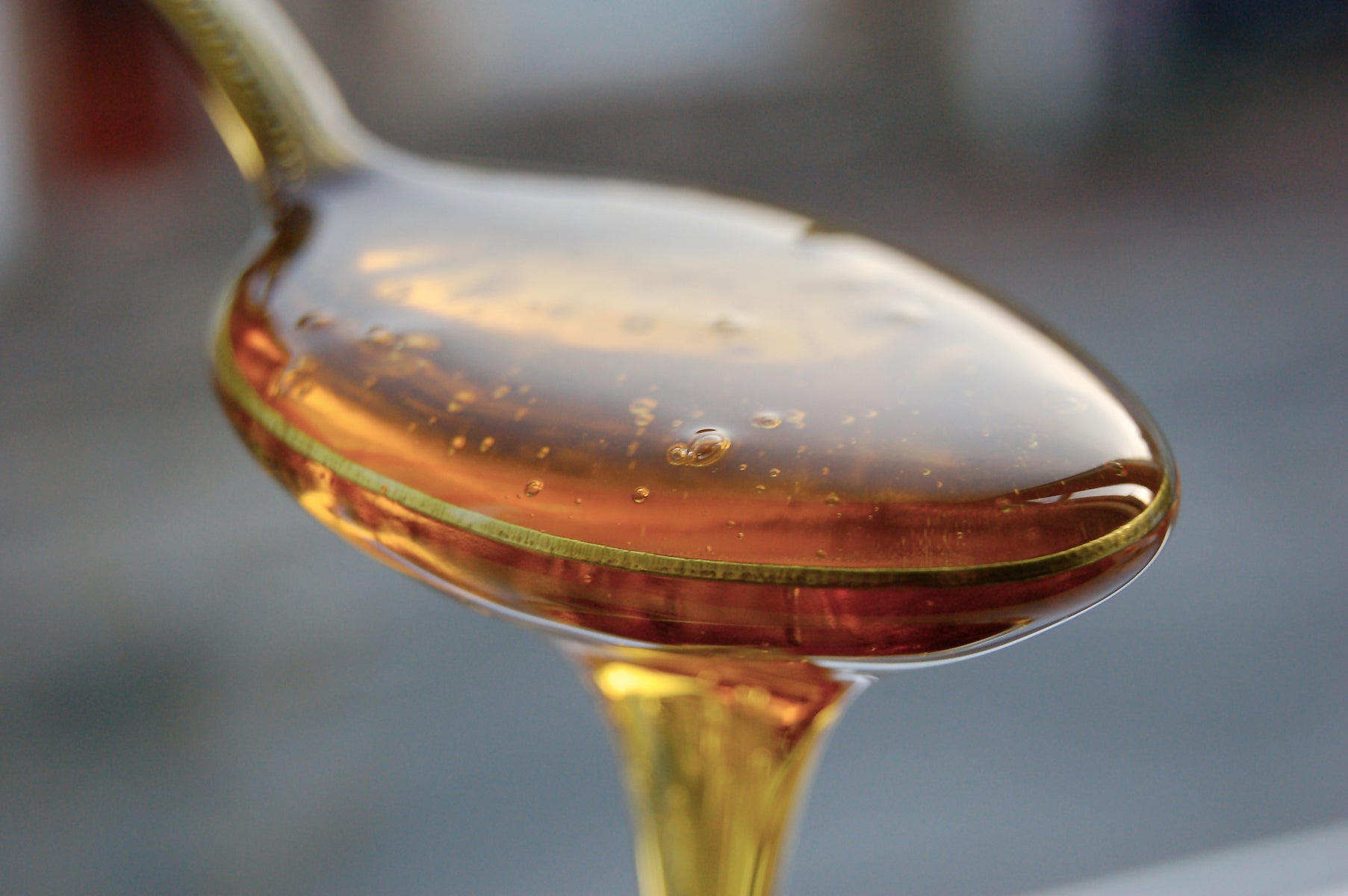
Options such as swapping sugar for stevia or honey used to seem trendy, however, in the coming year there will be a lot more choices to choose from.
According to Whole Foods, syrup reductions from fruit such as monk fruit, pomegranates, coconut and dates will be popular choices when it comes to desserts or glazes, while you can expect to find sweet syrups made from starches like sorghum and sweet potato.
Zero-Proof Drinks
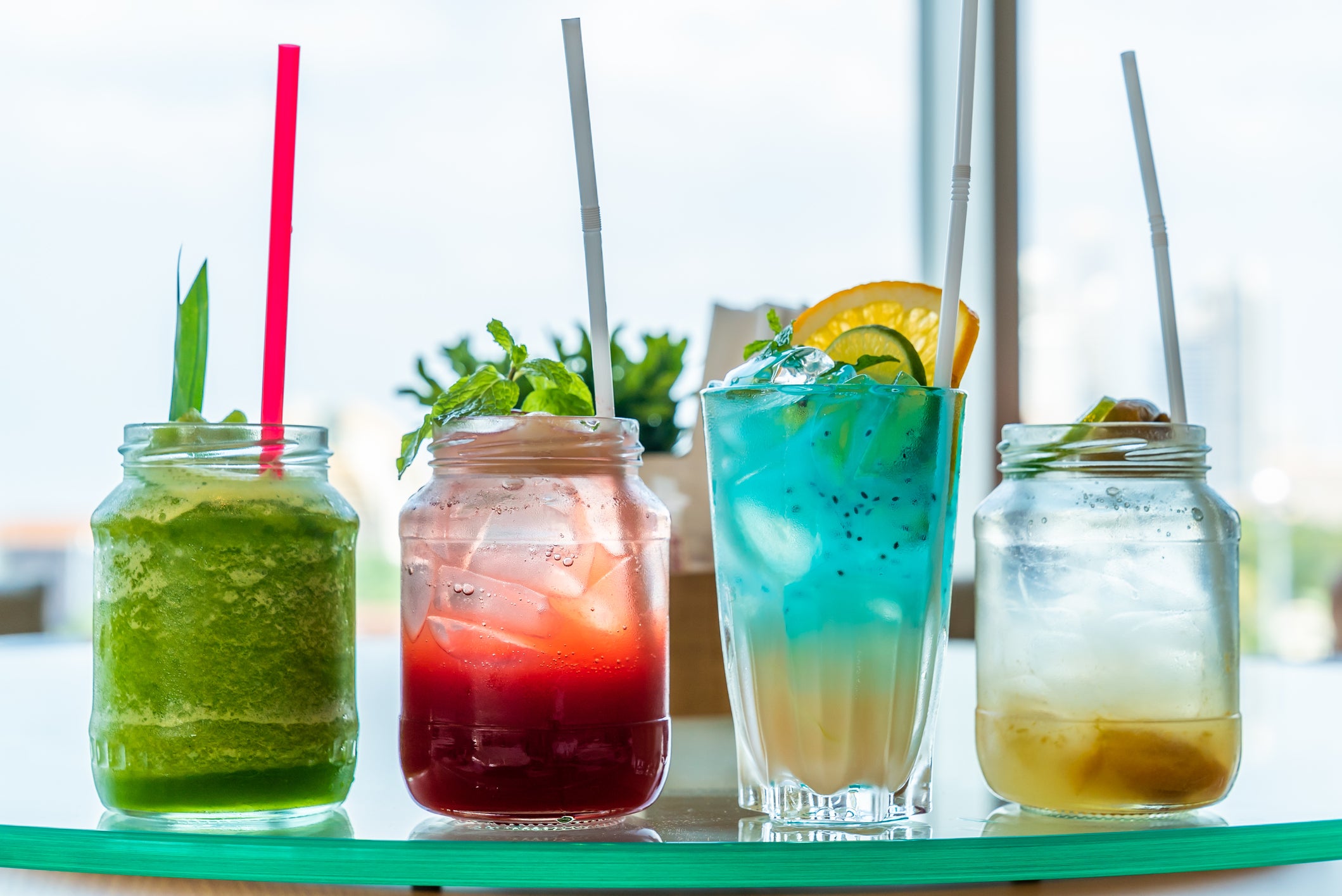
The latest trend to hit alcohol is drinks that are non-alcoholic. For those who want to enjoy a cocktail without the hangover, or have given up libations altogether, these beverages offer the perfect alternative - as they are made using distilling methods typically reserved for alcohol.
The “faux-spirits”, as Whole Foods dubs them, mean you can have a martini sans vodka.
The trend will also include unique options such as hops-infused sparkling waters or zero-proof aperitifs.
This year’s trend report was compiled with the help of more than 50 Whole Foods Market team members, including local foragers, regional and global buyers and culinary experts.

While the supermarket predicts 2019’s trends such as faux-meat to continue increasing in popularity, expect it to make way for, or incorporate, alternative sweeteners and West African flavours.
Join our commenting forum
Join thought-provoking conversations, follow other Independent readers and see their replies
Comments
Bookmark popover
Removed from bookmarks